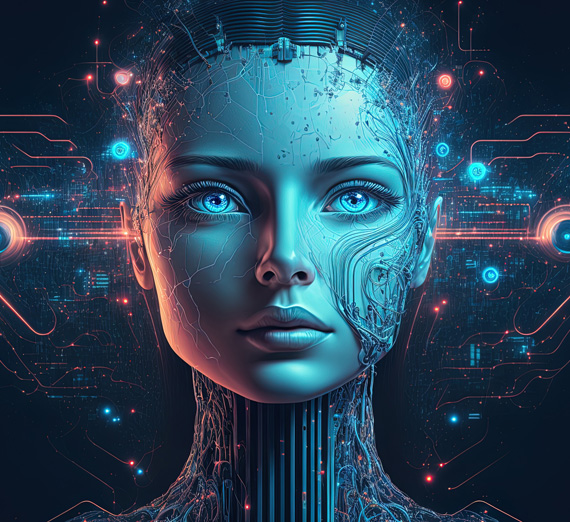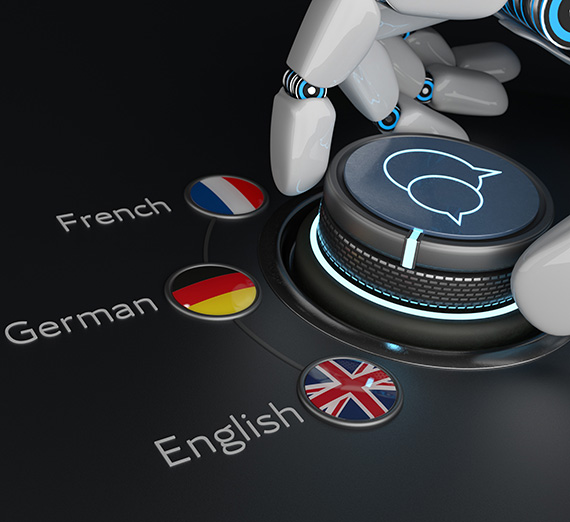Ai in Higher Education

Director’s Introduction

Since the Fall of 2022, the IDD office has been collaborating with several faculty members around campus to explore the perils and potential of AI in higher education. Our staff has also adopted ChatGPT as a support tool to help with the course development process. We have generated game-based scenarios and case studies, used the tool for copy-editing, and drawn inspiration from the vast array of information that AI can pull from. Since it is the summer and I’m heading out on vacation when the next blog post is due to post, I figured I’d let AI have a crack at writing this issue of the IDD Director’s Blog. I did the prompt engineering for this and fed it several past blogs to give it a taste for the tone and format, but the post below is entirely generated by ChatGPT and it only took two attempts to get something that I thought would be worth sharing with our audience. I want to provide the following disclaimer before you begin reading. At the time of this writing, Gonzaga University does not have a formal policy regarding the use of AI by faculty, staff, or by students. Student use is covered by our current Academic Integrity policy. This article should not be considered to be an endorsement of AI or its use in any context by Gonzaga University, its employees, or students. Enjoy!

Justin W. Marquis, PhD
Director of Instructional Design and Delivery
As we continue to explore and harness the power of technology in the realm of higher education, it becomes increasingly apparent that artificial intelligence (AI) holds immense potential in transforming the way we design and develop our courses. This shift towards AI-driven course design and development has the potential to create a more personalized and effective learning experience for students.
Leveraging AI for Personalized Learning Experiences

One of the significant advantages of AI in higher education is its ability to facilitate personalized learning experiences. Machine learning algorithms can analyze a student's interaction with course materials, identifying their learning patterns, strengths, and weaknesses. This information can then be used to modify the course content and structure to better suit individual learning styles. For instance, if a student struggles with a particular topic, the AI system can provide additional resources or alternative explanations to help them understand the concept better.
Using AI to Enhance Course Content

AI can also play a significant role in enhancing the content of our courses. With AI-driven content analysis tools, educators can assess the relevancy and quality of their course content, ensuring that it is up-to-date and aligns with the desired learning outcomes. AI can also assist in identifying gaps in the course content and suggesting improvements or additional materials.
Promoting Active Learning with AI

Moreover, AI can be used to promote active learning and foster engagement among students. Through AI-powered tools, such as chatbots and virtual tutors, students can engage in interactive learning experiences, receive instant feedback, and clarify doubts in real-time. These tools can be designed to pose thought-provoking questions, encourage discussions, and stimulate critical thinking, thereby making learning more interactive and engaging.
AI in Assessment and Feedback

Assessment is a crucial aspect of course design, and AI can significantly streamline this process. AI-powered tools can automate the grading process, providing immediate feedback to students and freeing up time for educators to focus on other vital aspects of teaching. Additionally, AI tools can provide insights into a student's progress, helping educators identify areas where the student may need extra support.
Enhancing Accessibility with AI

Lastly, AI can significantly enhance the accessibility of our courses. With AI-powered transcription and translation services, course materials can be made accessible to a broader audience, breaking down language barriers and fostering inclusivity.
Incorporating AI in higher education, especially in course design and development, represents a seismic shift in the way we approach teaching and learning. As we adapt our programs at the university to incorporate these AI tools, we can create a more personalized, effective, and inclusive learning environment. Whether it's the Master of Education in Leadership and Administration, the Doctor of Leadership Studies, or the Master of Business Administration, the potential for a transformative impact is enormous.
As we embark on this AI-driven journey in higher education, it's crucial that we continue to focus on our ultimate goal: enhancing student learning outcomes and equipping our students with the knowledge and skills they need to excel in the real world. AI is not a panacea for all educational challenges, but it's undoubtedly a powerful tool that can help us create a more effective and engaging learning experience. As always in education, it’s not about the tools we use, but how we use them that will make all the difference.
- Academics
- School of Education




